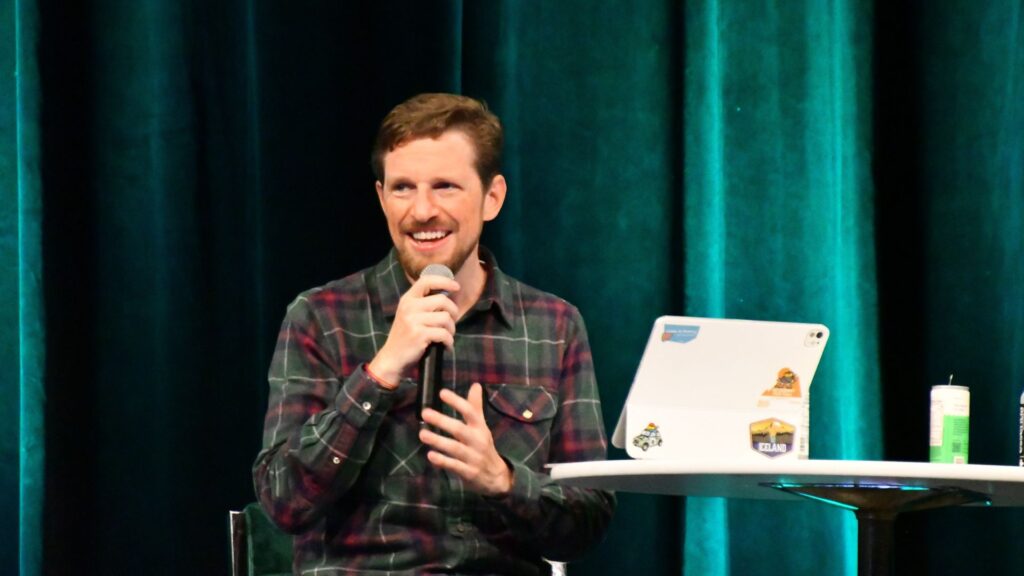In a landmark ruling that sends shockwaves through the open-source tech community, a California district court has mandated that Automattic restore WP Engine’s access to WordPress.org, marking a critical turning point in an escalating legal battle between two major WordPress ecosystem players.
The Dramatic Backstory
The conflict erupted in September 2024 when Automattic’s CEO, Matt Mullenweg, publicly labeled WP Engine a “cancer to WordPress” during a heated WordCamp event. This explosive statement triggered a series of retaliatory actions that would ultimately land both companies in court.

Mullenweg’s critique centered on WP Engine’s alleged minimal contributions to WordPress development. While Automattic invests approximately 4,000 weekly hours into the platform, WP Engine was accused of dedicating merely 40 hours—a disparity Mullenweg leveraged to justify blocking their access to WordPress.org.
The Court’s Decisive Intervention
On December 10, 2024, Judge Araceli Martinez-Olguin issued a preliminary injunction that comprehensively dismantled Automattic’s actions. The ruling mandates:
- Immediate restoration of WP Engine’s WordPress.org access
- Reinstatement of Advanced Custom Fields (ACF) plugin control
- Removal of a controversial customer tracking site created by Automattic
- Cessation of interference with WP Engine’s operations
Broader Implications
This legal battle transcends a mere corporate dispute. It raises fundamental questions about governance, fairness, and power dynamics within open-source ecosystems where a single entity—in this case, Automattic—wields significant control.
Community Reactions
The WordPress community remains divided. WP Engine celebrated the ruling as a victory for fairness, while Automattic expressed disappointment, stating the order was made “without the benefit of discovery.”
What’s Next?
Automattic has signaled its intent to file counterclaims, suggesting this legal drama is far from over. The company argues that its actions were necessary to protect the WordPress ecosystem from what it perceives as exploitation.
Key Takeaways
- WordPress powers over 40% of websites globally
- The ruling challenges Automattic’s unilateral control mechanisms
- Open-source governance models are under intense scrutiny
Expert Perspective
Legal analysts suggest this case could establish critical precedents for how dominant platforms manage access and competition. As one technology law expert noted, “This ruling represents a significant check on corporate power within open-source communities.”
Conclusion
While the preliminary injunction restores WP Engine’s access, it’s clear that the fundamental tensions between Automattic and WP Engine remain unresolved. The WordPress ecosystem watches closely, waiting to see how this high-stakes legal battle will ultimately reshape the landscape of open-source collaboration.















